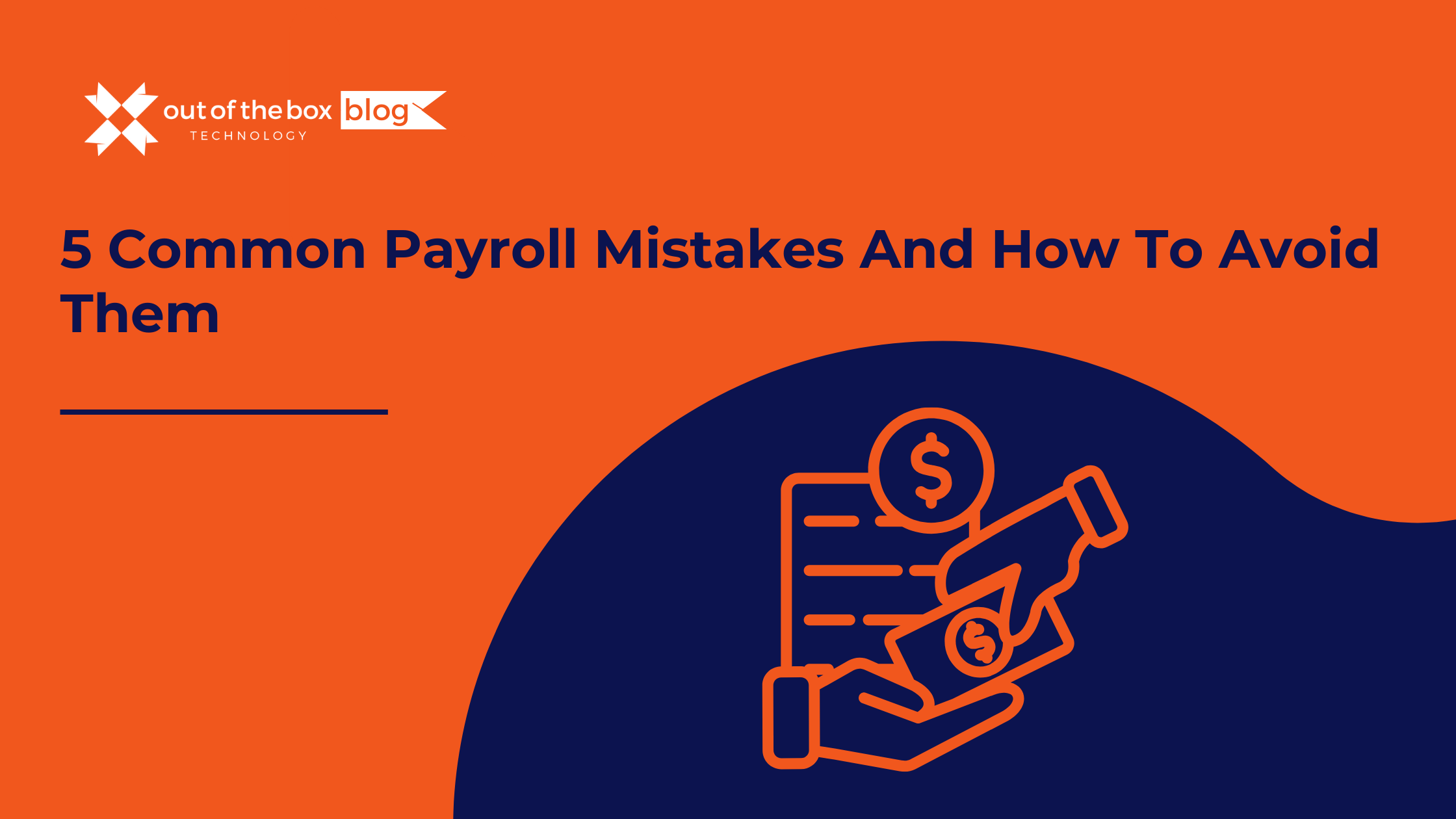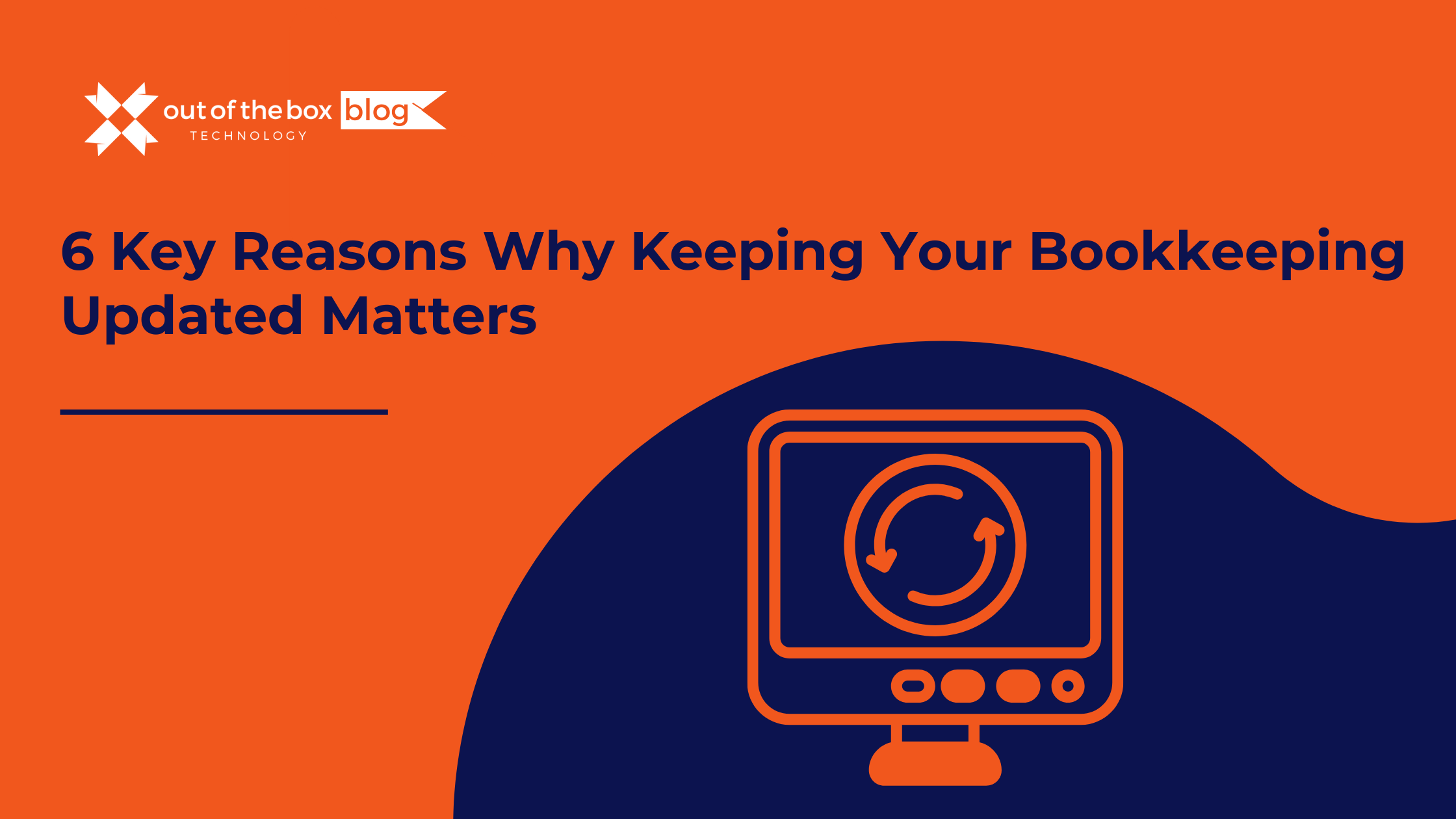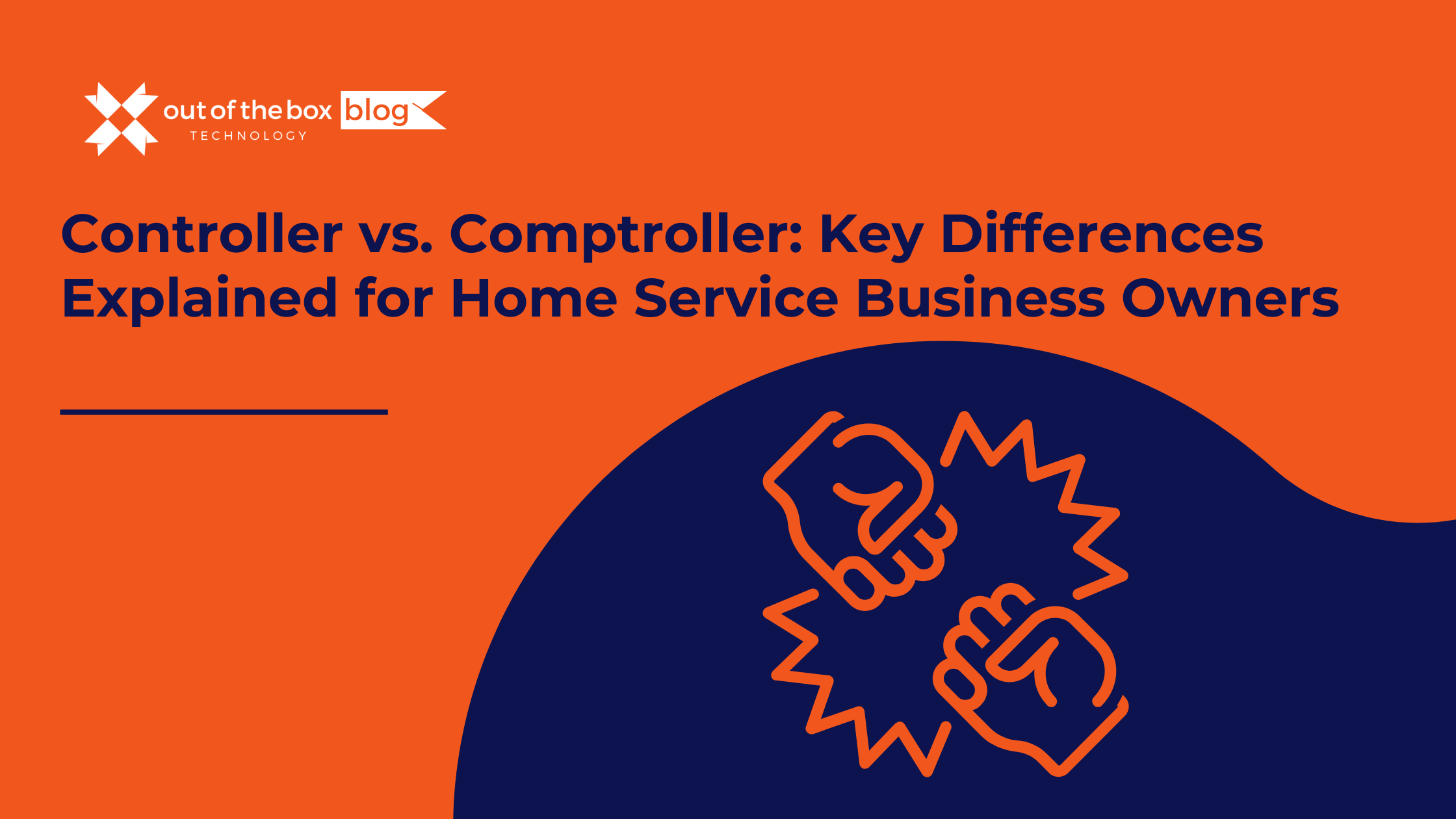Owning a small business entails a multitude of details to contemplate. Organizing the foundational aspects of your small business accounting early on—monitoring income, expenditures, and earnings—will spare you from drowning in administrative tasks and financial mishaps. This will enable you to dedicate your attention to the vital task of expanding your business.
Initially, handling your own financial records might be viable. However, as your business expands and tax deadlines loom, you could find yourself somewhat disoriented. The costs associated with inaccurate tax submissions or disorganized bookkeeping can be substantial, not to mention the significant time investment required to rectify errors.
Rather than waiting for complications to arise, is prudent to think about engaging a bookkeeper or streamlining your accounting processes using the various business accounting software tools at your disposal. Options such as QuickBooks, FreshBooks, Xero and Wave are available for this purpose.
Bookkeeping is an indispensable responsibility for any business. It aids in operational management, future planning, and the avoidance of audits by providing the necessary information to the Internal Revenue Service (IRS). To continue progressing towards your long-term objectives and enhancing profitability, adhere to these established tips for small business accounting.
Invoicing is one of the most important aspects of running a business. Without proper invoicing, it can be difficult to track payments, manage cash flow, and maintain accurate records. However, understanding invoicing basics can be daunting. To help you out, we’ve put together this guide to answer 7 basic invoicing questions you were afraid to ask.
Top 8 Small Business Accounting Tips
While the inclination to prioritize other tasks over bookkeeping and accounting might arise, adhering to proper procedures can lay a foundation for your business success.
Below, yoll find the foremost accounting advice and techniques for small businesses:
1. Separate Business and Personal Expenses
Establishing a distinct business bank account for both checking and savings proves to be a time-saving strategy when the moment arrives to calculate deductible business expenditures. Right from the start, is advisable to become accustomed to employing separate bank accounts for personal and business transactions. If yore injecting personal funds into your business as capital, is essential to meticulously record this contribution.
Maintaining dedicated business bank accounts and a business credit card offers an added advantage of minimizing legal vulnerability to business debts, particularly if yore operating under a limited liability company (LLC) or a corporation.
In a general sense, is important to note that personal expenses cannot be claimed as deductions on a business tax return. However, if you utilize assets for both personal and business purposes—such as a vehicle or a home office—the proportion of time these assets are used for business can be claimed as a deduction. Otherwise, attempting to deduct personal expenses on a business tax return is not permissible and could lead to penalties, potentially reaching as high as 75% of the additional tax liability.
2. Track Every Expense
Assign labels and categories to every expense, and meticulously monitor your cash flow to guarantee the optimization of tax deductions and credits. Small amounts accumulate rapidly, and thers a risk of depleting funds unexpectedly. Employ your business credit cards for all transactions to eliminate the hassle of sorting through a stack of paper receipts. Additionally, this approach enables you to accrue rewards and cashback for your expenditures. Modern accounting software will also retain copies of checks and invoices that yove settled. In situations where only physical cash is viable, store digital duplicates of receipts within your accounting software. Your chosen accounting methodology will influence the timing of recording expenses and revenue.
3. Accurately Record Income
Is easy to lose sight of loans, sales revenue, and other sources of cash coming in, but is crucial to monitor all incoming cash flow. Failing to do so could result in underpayment of taxes, potentially triggering unnecessary IRS fines. Similar to expenses, the timing of recording income precisely hinges on your chosen accounting approach.
4. Keep Tabs on Labor Costs
Compensating your workforce, including your own remuneration, could potentially encompass a significant portion—up to 70%—of your business overall budget. Is crucial to be attentive to factors like overtime, additional incentives, and supplementary perks you provide, in order to avoid inaccuracies in payment. To ensure precise payment, your accountant or accounting software should also assist you in determining and fulfilling your payroll tax obligations, which are subject to distinct regulations and timelines compared to income taxes.
5. Expect Major Expenses
Anticipate computer upgrades, equipment replacements, and tax deadlines to prevent unexpected situations. Significant capital expenditures frequently arise during periods of reduced activity, so is wise to prepare in advance to prevent a financial strain. Fortunately, thers a positive aspect: a tax regulation known as Section 179 permits you to deduct up to $1 million for business property and equipment in the same year of acquisition, rather than spreading out the depreciation across multiple years. Consequently, even if yore currently feeling the financial strain of substantial purchases, you could potentially enjoy tax advantages down the line.
6. Maintain Inventory Records
Annually, theft results in a $50 billion financial setback for businesses in the United States and can disrupt your financial records. Prevent the loss or theft of inventory by meticulously documenting purchase dates, item codes, acquisition costs, sale dates, and selling prices. A higher level of organization yields better results. You have the option to invest in dedicated inventory management software to assist you in this endeavor, or you can choose from numerous accounting software solutions that seamlessly incorporate inventory management capabilities.
7. Follow Up on Invoices and Receivables
Mere issuance of an invoice doest guarantee payment. Prevent unnecessary tax overpayments and time spent sorting through your income records and outstanding receivables by reconnecting with vendors who have outstanding payments. Dispatch invoices immediately after completing a job to enhance the likelihood of swift payment, and as the due date approaches, extend courteous reminders. To encourage prompt payments, you might even consider providing discounts for early settlement. Streamlining this process can be achieved by embracing online payments and adopting cloud-based accounting software, which can automate these tasks for you.
8. Automate Accounting Practices With Accounting Software
Accounting software stands as an excellent asset for nearly every small business, offering versatile utility. Whether you manage it independently or grant secure access to a bookkeeper or accountant, in case you opt to bring one on board, it proves valuable. While QuickBooks holds the distinction of being the most renowned accounting software, a number of smaller contenders have emerged as well. Integrating your bank account or credit card with any reputable accounting software should be feasible. Subsequently, the software will meticulously track your earnings and outlays, categorize them, facilitate invoice creation and payment, and generate comprehensive reports. Notably, QuickBooks features a ProAdvisor initiative to aid in locating a local QuickBooks expert, should the need arise.
Summary
The foundation of any business lies in its finances, underscoring the significance of these vital pointers and techniques for small business accounting. If you havet already, consider reaching out to an accountant and seeking their guidance on the optimal starting point. Alternatively, you can explore the option of utilizing accounting software like QuickBooks, which simplifies the complexities of small business accounting. Adhering to these accounting recommendations tailored for both startups and well-established enterprises will guarantee the ongoing financial well-being of your company, both in the present and well into the future.
Schedule a complimentary QuickBooks data file review today for a quick and easy QuickBooks health check.




